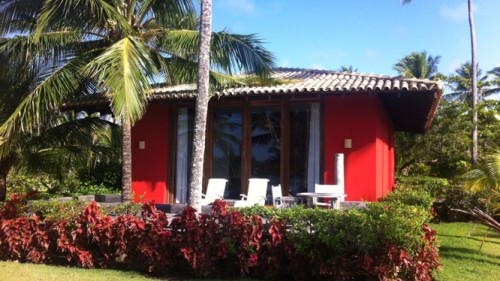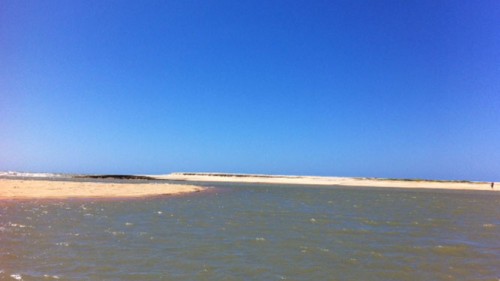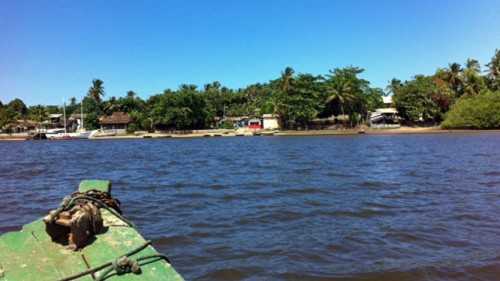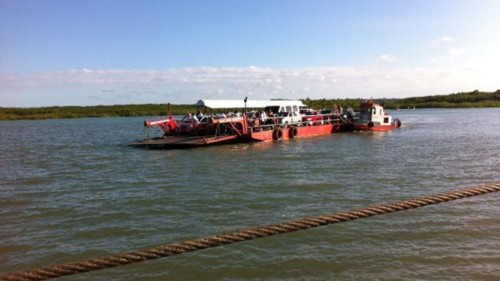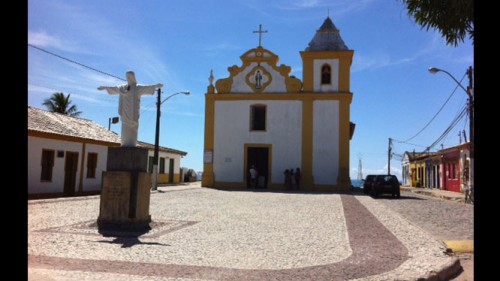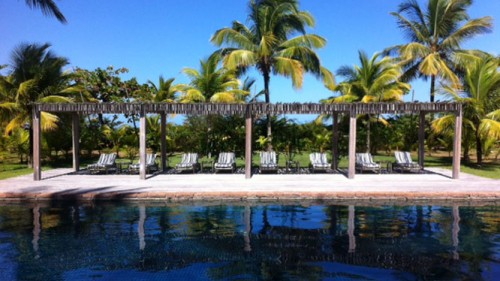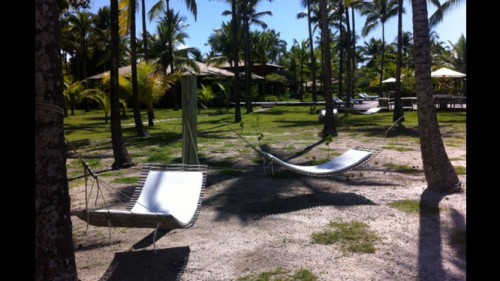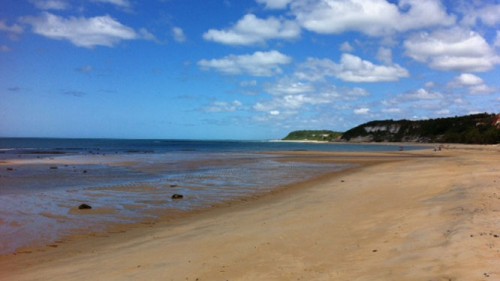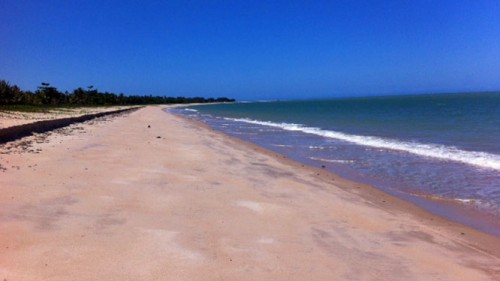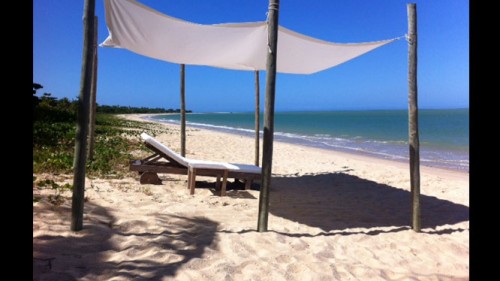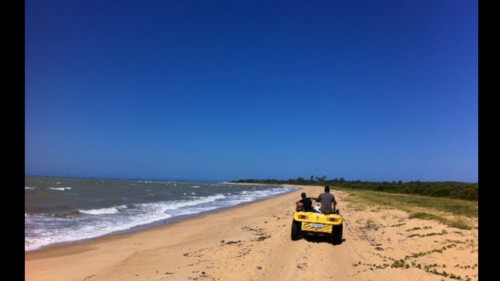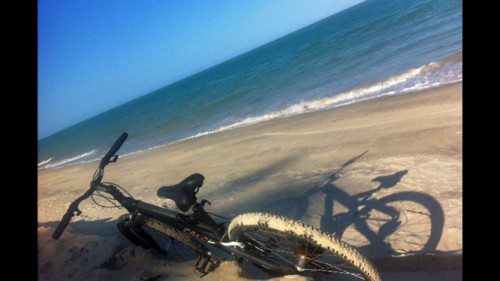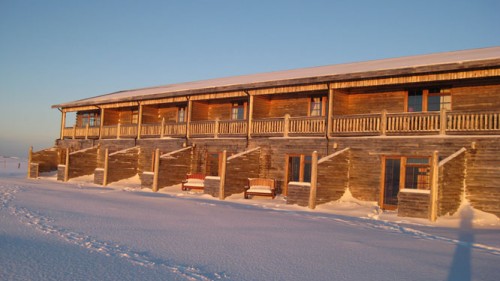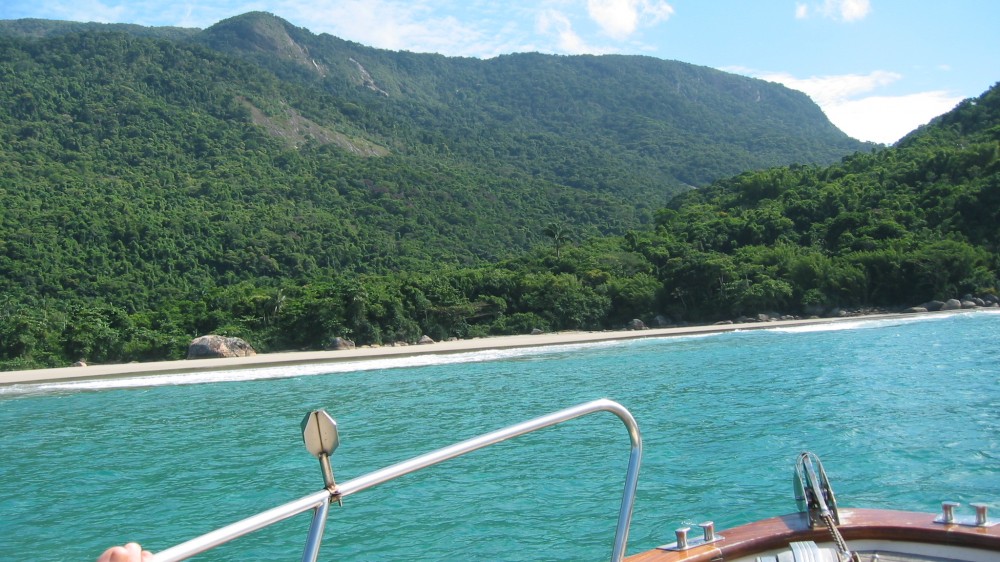Reaching Corumbau
Sometimes it’s about the journey and the destination. Brazil’s massive and magnificent coastline houses many hidden treasures that are well worth seeking out, even if it takes a wee while to arrive there.
On a recent trip to Brazil I found a particularly challenging route to reach a remote beach lodge. The first part of the trip involves a flight to Porto Seguro on the Southern Bahian coastline, a vibrant port town buzzing with life and colour. From here you pick up your car and drive out of the city to the first of your three river crossings. A simple ferry transports you across the watery divide where you can refuel with a much needed ice-cold coconut juice. Continue south through Arraial d’Ajuda and the charming Trancoso, past the stunning Praia do Espelho, which is well worth a pit stop (and perhaps a caipirinha).
Then it is time for another river crossing as you reach the village of Caraiva, but the car must be left behind now as you board a wooden rowboat. It is a lovely placid interlude. Once at the other side, you’ve reached an Indian Reserve where only the indigenous people may transport you across their land. This is done by beach buggy and it is a fantastic ride—sit up on the back to take in the view of the deserted coast and rugged landscape.
Finally, another small river is to be crossed, again in a wooden rowboat, where on the sandy bank opposite awaits a representative from heaven, your new home for a few days. You are escorted to the tiny town of Corumbau, and to your resort: the Fazenda São Francisco do Corumbau. A gorgeous idyll with fabulous bungalows, delicious food and a beach all to yourself.
If you think you might need some encouragement to get through all those transfers, remember that the adventurous and arduous journey means you can give yourself over to complete indulgence on arrival and not feel any guilt. A well-deserved paradise is the best kind.
Anton Lynch is our brave caballero for all things South American. He just happens to live in London, where he can keep the daily river crossings to a minimum.
